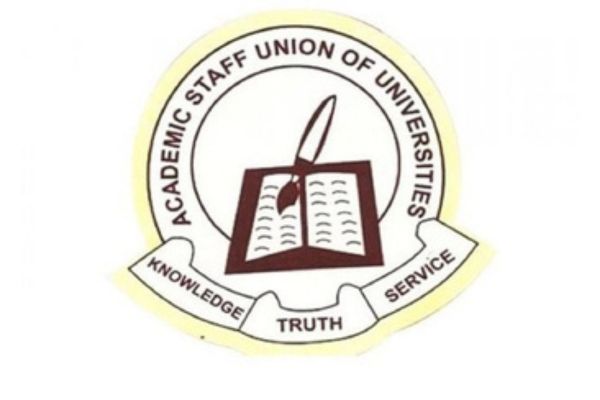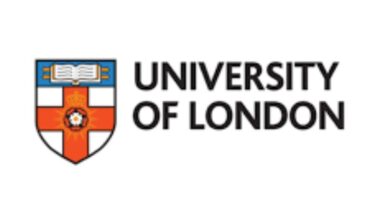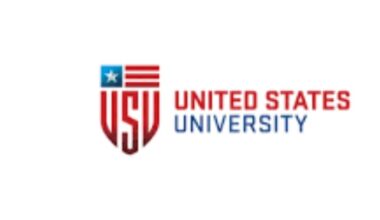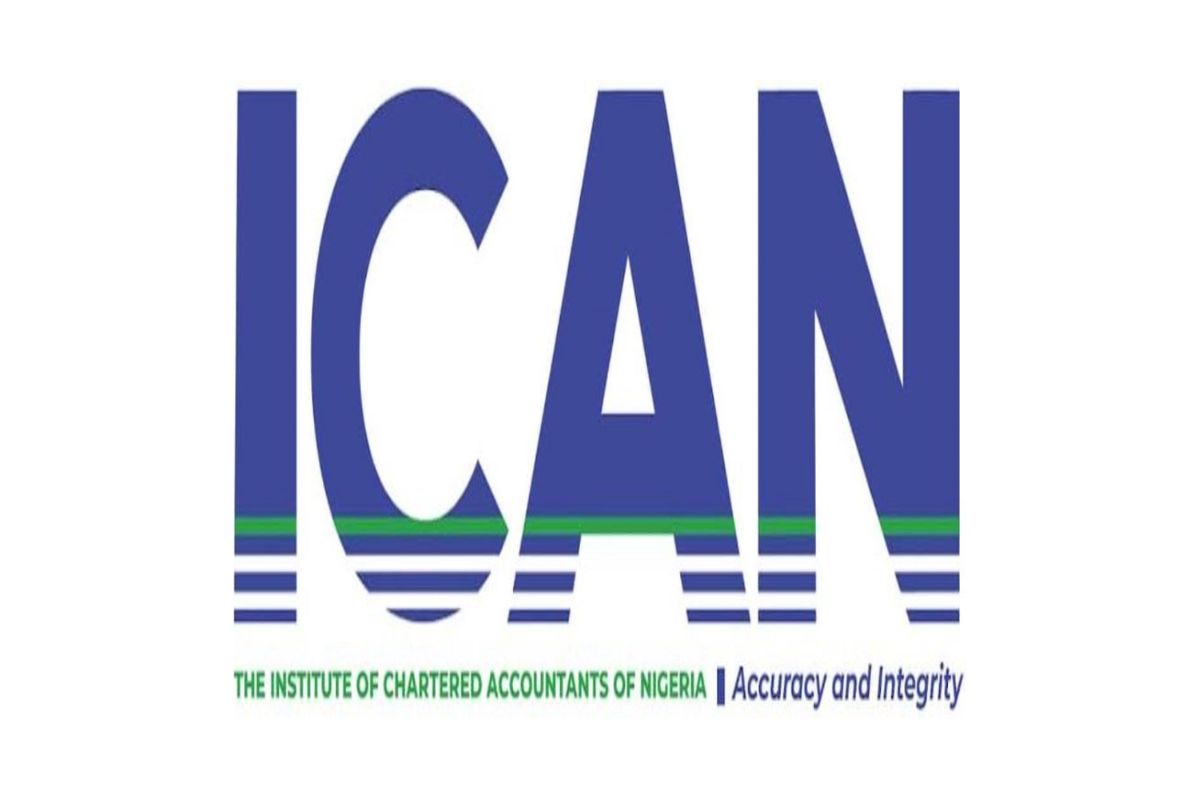One defining aspect of Nigeria’s higher education scene has been the persistent problem of universities going on strike. Leading these disturbances is the Academic Staff Organization of Universities (ASUU), a powerful organization made up of academic staff members and lecturers.
The organization has voiced its disapproval of several concerns in the country’s higher education system through these strikes, which are often known as ASUU strikes.
Schools That Are On Asuu Strike
The Academic Staff Union of Universities, or ASUU, is a Nigerian union made up of academic staff members and lecturers in universities. When members of the ASUU collectively decide to forgo their academic responsibilities, including teaching, research, and administrative work in Nigerian universities, this is referred to as an ASUU strike.
ASUU is using this industrial action as a protest and negotiating tactic to address many problems and grievances with the Nigerian higher education system.
The prolonged, nearly yearly ASUU strike is one of the reasons Nigerian potential students are reluctant to enroll in public colleges.
Unquestionably, a student’s term or year at a university is extended by the ASUU strike.
However, some people persist, particularly those who are unable to pay for private institutions —and continue to enroll since they have no other choice but to accept the experience should it arise during their time at any of the ASUU-affiliated campuses.
State Universities Under ASUU
Federal universities are not the only Nigerian universities under ASUU; also, the state universities that are put together make up the body of ASUU. They include:
1. Abia State University, Uturu
2. Adamawa State University, Mubi
3. Adekunle Ajasin University, Akungba
4. Akwa Ibom State University of Technology, Uyo
5. Ambrose Alli University, Ekpoma
6. Anambra State University of Science and Technology, Uli
7. Bauchi State University, Gadau
8. Benue State University, Makurdi
9. Bukar Abba Ibrahim University, Damaturu
10. Cross River State University of Science and Technology, Calabar
11. Delta State University, Abraka
12. Ebonyi State University, Abakaliki
13. Ekiti State University
14. Enugu State University of Science and Technology, Enugu
15. Gombe State University, Gombe Professor Abdullahi Mahadi
16. Ibrahim Badamasi Babangida University, Lapai
17. Ignatius Ajuru University of Education, Rumuolumeni
18. Imo State University, Owerri
19. Kaduna State University, Kaduna
20. Kano University of Science and Technology, Wudil
21. Kebbi State University, Kebbi
22. Kogi State University, Anyigba
23. Kwara State University, Ilorin
24. Ladoke Akintola University of Technology, Ogbomoso
25. Lagos State University, Ojo, Lagos
26. Nasarawa State University, Keffi
27. Niger Delta University, Yenagoa
28. Northwest University, Kano
29. Olabisi Onabanjo University, Ago-Iwoye
30. Ondo State University of Science and Technology, Okitipupa
31. Osun State University, Oshogbo
32. Plateau State University, Bokkos
33. Sokoto State University, Sokoto
34. Tai Solarin University of Education, Ijebu-Ode
35. Taraba State University, Jalingo
36. Technical University, Ibadan
37. Umaru Musa Yar’Adua University, Katsina.
Federal Universities under ASUU
1. Abubakar Tafawa Balewa University
2. Ahmadu Bello University
3. Bayero University
4. Federal University Gashua
5. Federal University of Agriculture
6. Federal University of Petroleum Resources
7. Federal University of Technology
8. Federal University Of Technology, Minna
9. Federal University Of Technology, Owerri
10. Federal University, Birnin
11. Federal University, Dutse
12. Federal University, Dustin-ma
13. Federal University, Gusau
14. Federal University, Kashere
15. Federal University, Lafia
16. Federal University, Lokoja
17. Federal University, Ndifu-alike
18. Federal University, Otuoke
19. Federal University, Oye-Ekiti
20. Federal University, Wukari
21. Michael Okpara University Of Agricultural
22. Adama University Of Technology
23. National Open University Of Nigeria (NOUN)
24. Nigeria Police Academy Wudil
25. Nigerian Army University, Biu
26. Nigerian Defense Academy, Kaduna
27. Nigerian Maritime University
28. Nnamdi Azikiwe Unizik (UNIZIK)
29. Obafemi Awolowo University (OAU)
30. University Of Abuja
31. University Of Agriculture
32. University Of Benin (UNIBEN)
33. University Of Calabar (Unical)
34. University Of Health Technology
35. University Of Ibadan (UI)
36. University Of Ilorin (UNILORIN)
37. University Of JOS (UNIJOS)
38. University Of Lagos
39. University Of Maiduguri
40. The University Of Port-Harcourt
41. University Of Uyo
42. Usumanu Danfodiyo University
Causes of the School ASUU Strike
These are the main reasons we found for the ASUU strike, although there are many more.
1. Staff Bonus Expectations
The main thing that consistently sets off ASUU strikes in Nigeria is the Federal Government of Nigeria’s rejection or denial of the university staff allowance, which when delayed, results in a warning strike.
Additional difficulties with this include the National Pension Commission’s reluctance to sponsor university revitalization initiatives and to comply with demands from educators to register with Nigerian university pension management businesses.
2. Knowledge of the Treasury Single Account
Stated differently, because the federal government is adamant about merging the ASUU account, the claim that it shouldn’t be part of the TSA occasionally results in strikes.
2. Knowledge of the Treasury Single Account
Stated differently, because the federal government insists on merging the ASUU account into the Treasury Single Account to retain control over it, the argument that it shouldn’t be included in the TSA occasionally results in strikes.
3. Limited Response to Budget Allocation for Education
The federal government’s careless handling of budgetary resources that are intended to be used to address numerous academic difficulties is another reason why Nigerian institutions go on strike.
The phenomenon of universities being on ASUU strikes in Nigeria underscores the systemic challenges plaguing the higher education sector. The issues raised by the union, ranging from funding inadequacies to unmet agreements, reflect deep-seated problems that demand urgent attention and resolution. As the nation strives to advance its educational landscape, addressing the grievances of the academic staff becomes paramount.







